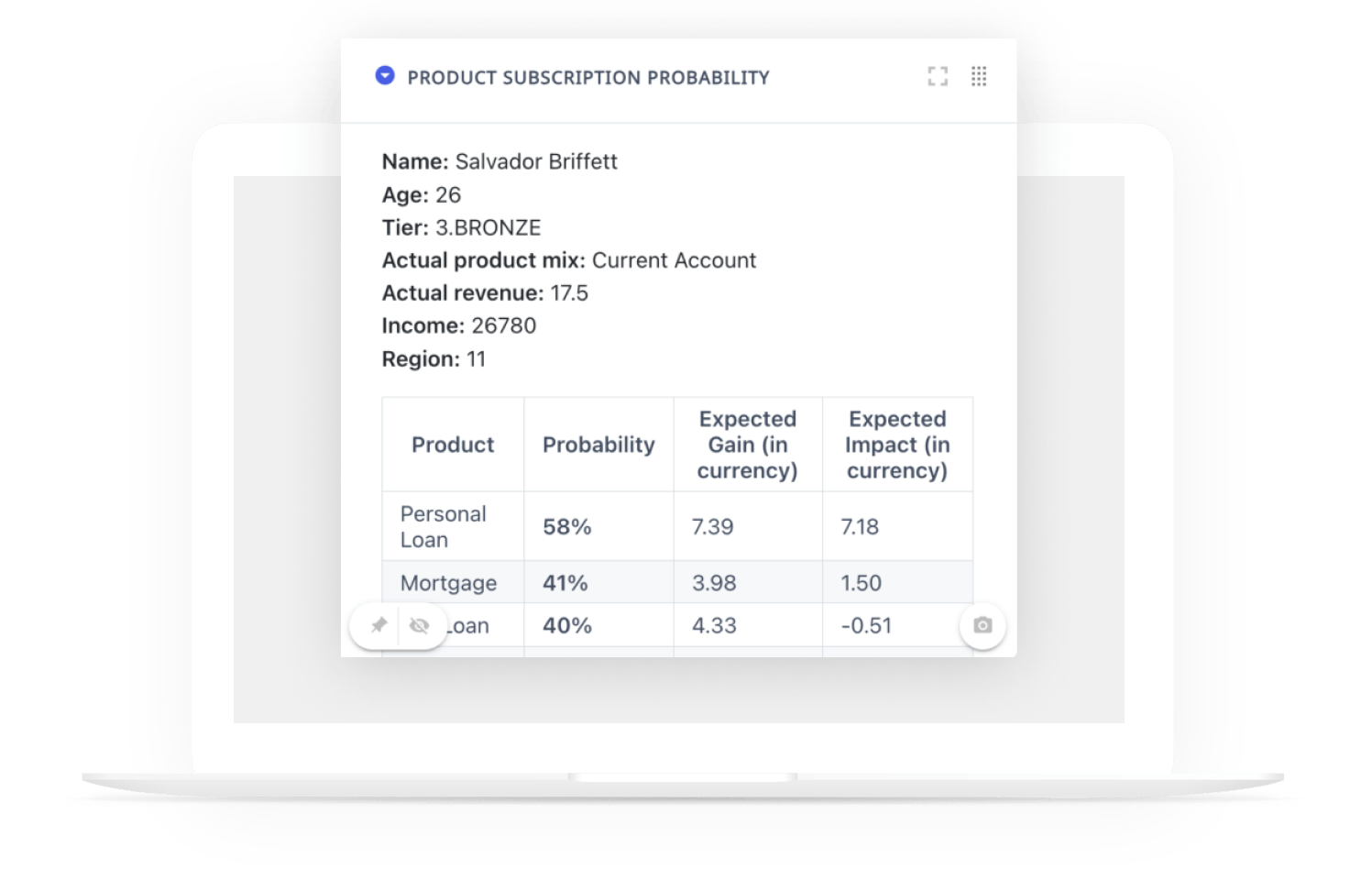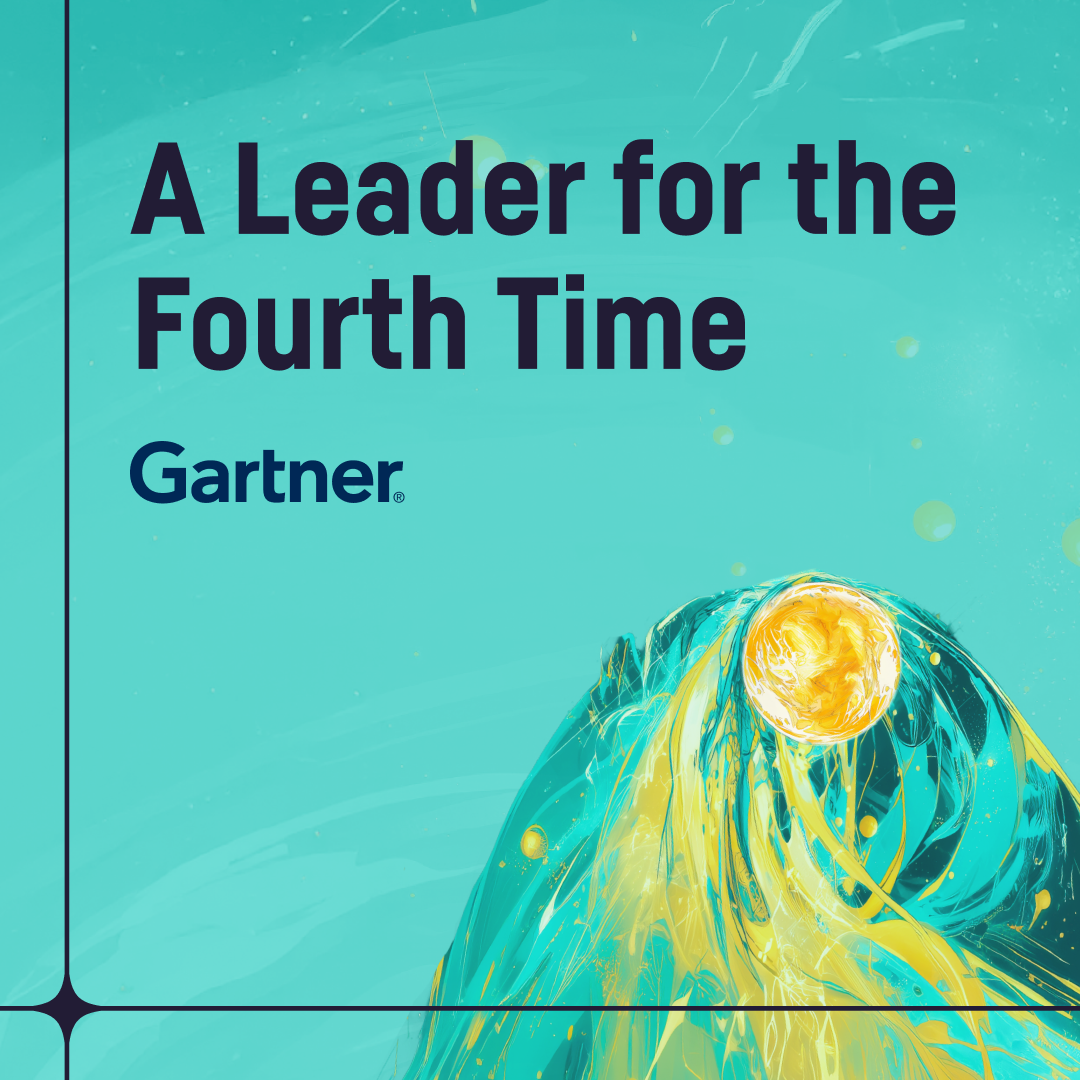A Few of Our Favorite Things
Don’t miss these Dataiku gems from around the web!
Season 3: Unfiltered Conversations With CIOs
In this web series by Dataiku, discover firsthand perspectives from global CIOs leading the charge in the GenAI revolution.
This season brings together top CIOs and technology leaders as they get real about GenAI — no buzzwords, just real observations. With two episodes out now below and more to come, discover practical strategies for redefining what it means to lead with AI.
WATCH THE FIRST EPISODES NOWAI Agents Are Here, Now What?
Check out this C-Suite Guide to overcoming the fears, challenges, & opportunities of agentic AI.
DOWNLOAD THE FLIPBOOKLet's Talk Agents
This Dataiku webinar series peels back the buzz and dives into the real-world mechanics, use cases, and strategy behind enterprise-ready AI agents. Pick your sessions today!
REGISTER NOWDataiku Events
From our landmark Dataiku conferences across the globe to our deep-dive hands-on sessions, meetup events, and webinars, you can connect where, when, and how works best for you, with both in-person and virtual participation options.
Dataiku Events CalendarGet Your Return on AI With Dataiku
Dataiku is the Universal AI Platform, driving results by enabling data experts and domain experts to build data — from advanced analytics to Generative AI — into their daily operations.
SEE HOW DATAIKU DRIVES A 413% AI ROIFrom the Press Room
Extra, extra — read all about it! The latest news from Dataiku, all in one place.
Industry Analyst & Customer Recognition
Don't just take our word for it — see what analyst firms (like Gartner and Forrester) are saying about Dataiku.
Learn More








